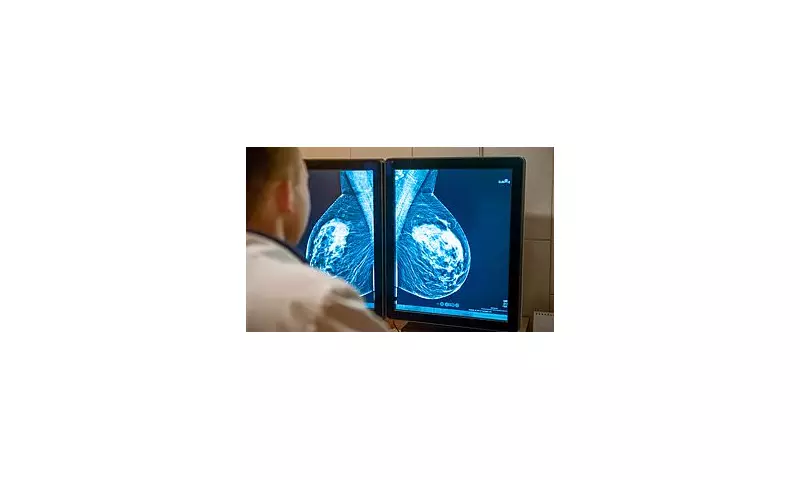
British researchers have developed a groundbreaking blood test that can predict the return of breast cancer years before tumours become visible on conventional scans. This medical breakthrough could revolutionise post-treatment monitoring and save countless lives through early intervention.
How the Test Works
The innovative test identifies traces of tumour DNA circulating in the bloodstream, known as circulating tumour DNA (ctDNA). By detecting these molecular warning signs, doctors could potentially spot recurring cancer up to 41 months before it would appear on scans.
Clinical Trial Results
In trials involving 78 breast cancer patients, the test successfully predicted cancer recurrence in all cases where the disease returned. The research team from London's Institute of Cancer Research and the Royal Marsden NHS Foundation Trust found that:
- The test detected ctDNA in all 11 patients who later relapsed
- No false positives occurred among patients who remained cancer-free
- The average lead time was 15 months before clinical detection
Potential Impact on Treatment
This development could transform breast cancer aftercare by:
- Enabling earlier, more effective treatment interventions
- Reducing anxiety for patients in remission
- Allowing personalised monitoring based on recurrence risk
- Potentially improving survival rates through prompt action
Lead researcher Dr. Isaac Garcia-Murillas emphasised: "Early detection is our strongest weapon against breast cancer recurrence. This test could buy crucial time for patients and clinicians."
Next Steps for Implementation
While further large-scale trials are needed, researchers hope the test could become standard practice within NHS cancer follow-up programmes within five years. The team is now investigating whether the same technology could be adapted for other cancer types.
Breast Cancer Now, which funded the research, hailed the findings as "exceptionally promising" for the 55,000 women diagnosed with breast cancer each year in the UK.





